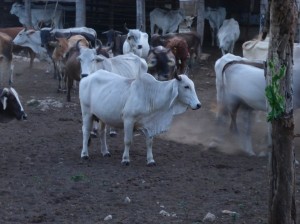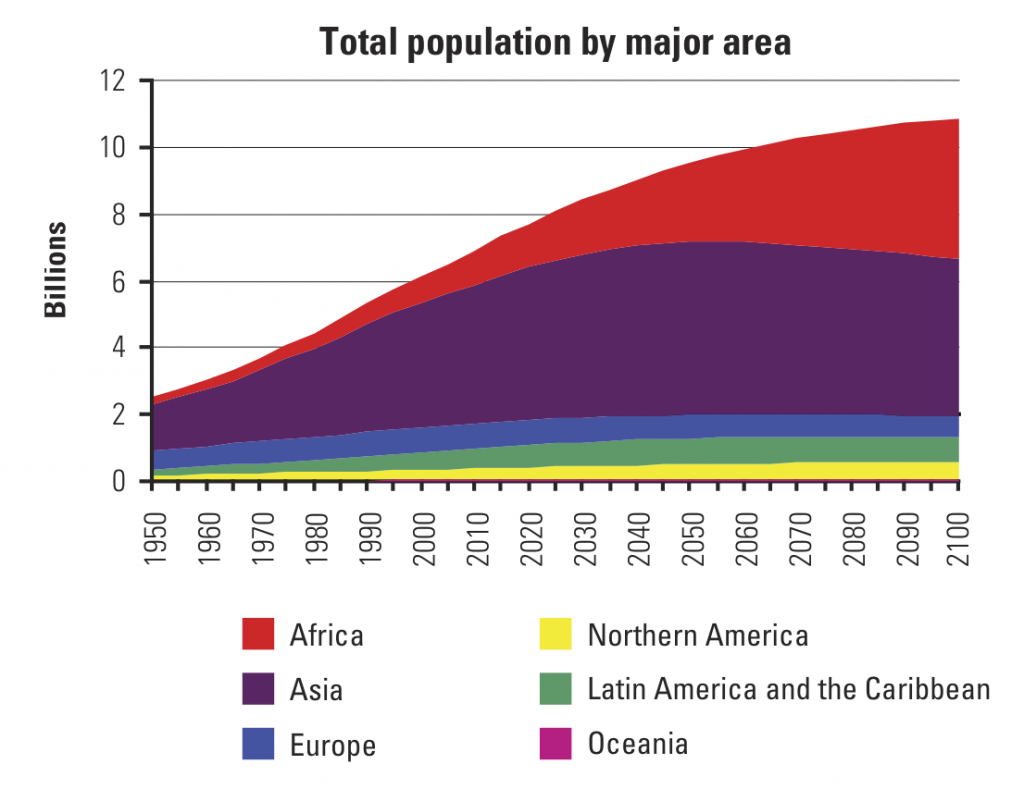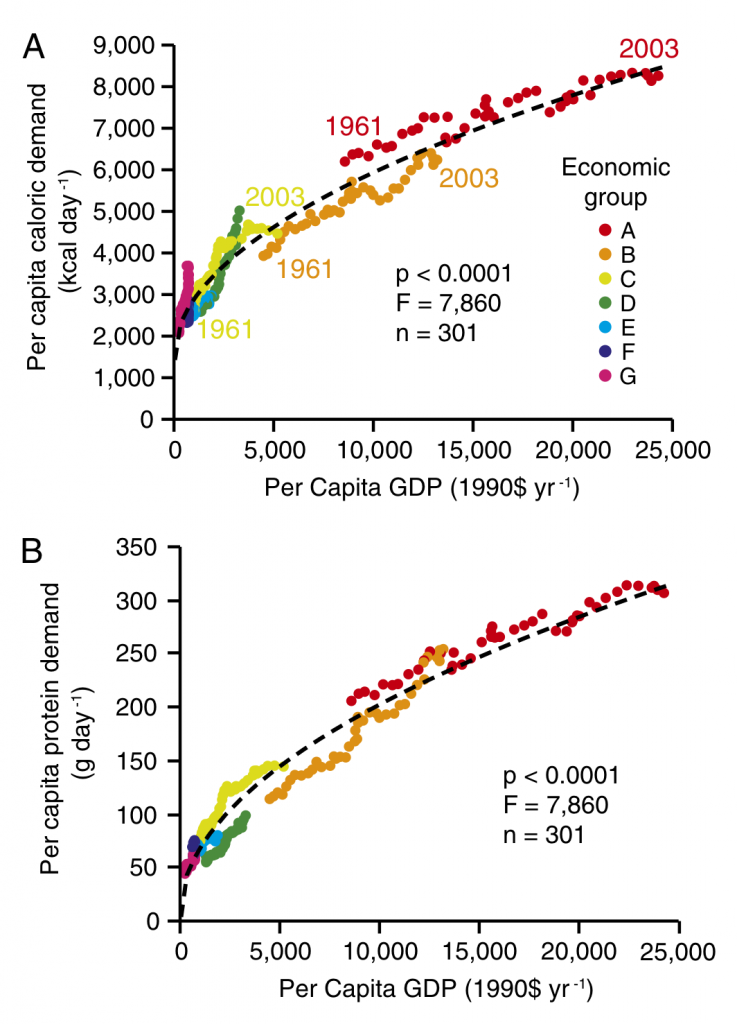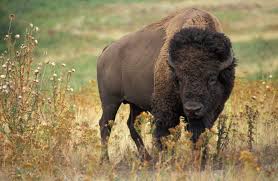FRIDAY, 13 JUNE 2014
Firstly, I'm actually looking at finding different ways of saving the world, rather than doing the saving myself. The actual act of saving would be far beyond me. I'm more of a Charlie than an Angel...Secondly, by "the world", I'm largely talking about the natural world. I'm not a deep ecologist/Agent Smith type who sees humans as a scourge on the planet, but by and large we're OK at looking after ourselves. With the advent of real impacts of anthropogenic climate change and ecological meltdown, life is going is going to get pretty crappy for a lot of people, but I'm a believer in the human race's ability to pull through (although I reserve the right to withdraw this if it all goes horribly wrong). The problem is, for the most part, the human race's ability to pull through is based on the human race's equally remarkable ability to screw up the world for everything else. So my aim is to try and uncover ways to minimise the extent of this screw up.
Thirdly, I'm talking about reducing the impacts of one specific way we screw up the world: producing food. Nuclear war, Russia invading the Ukraine, 007-style plots against the free world - they're all Someone Else's Problem as far as my PhD goes.
Fourthly, if I'm being strictly accurate, my PhD involves chatting about cows and counting birds.
How does this help? Well that's a good question and one which pops into my mind fairly frequently as I struggle through snake-infested thorn patches, swatting ants, removing ticks and donating a good percentage of my blood to the local mosquito population. To keep this short and sweet (says the verbose blogger) this time round I'll explain why the world needs saving and regale you with my research at a later date.
A lot of people, eating a lot
You may have noticed that there are an awful lot of people in the world and there are going to be more every day for the foreseeable future. We're looking at 10 -11 billion by 2100, before it starts to drop again.
Lots of people, obviously, need a lot of food. This isn't helped by the fact that in "The West" (does anyone still use this term? I'm reminded of this xkcd) we eat a helluvalot more than we need to, and other countries are following suit. David Tilman and colleagues found a remarkably good relationship between per capita GDP and per capita consumption, both of calories and protein. As more and more countries develop, we're going to be eating more and more. The protein bit is especially important as it generally takes many more resources to produce a kilo of meat, eggs or milk than it does to produce a kilo of grain.
So to recap: there are a lot of people about and we're eating more and more. If we carry on as we're going then we'll probably be looking at having to produce 50-100% more food by 2050. Notice I say "if we carry on as we're going" - which doesn't have to be the case. We could cut our consumption, we could cut our food waste (currently somewhere between 30-50%), we could eat less meat and we could roll out family planning across the world. Jonathon Foley has written an excellent blog on this, here. My problem with this is that we're not looking like doing this any time soon and it's a bit of a leap of faith to assume there's some huge sea change in consumption patterns just around the corner. Also, the questions I want to answer in my research are important at whatever amount of food we're producing.
Finally, whether the number of people, or the greediness of people is more important in driving food production is a complex and remarkably controversial subject, so I'll steer well clear for the time being.
Why is this a problem?
The problem with food production is that it needs space. A lot of space. Recent estimates put the total land-use of agriculture and livestock production at around 28% of the world's ice-free land. That's 4.9 billion hectares, or over 200 times the size of Great Britain. These are numbers that make me half to sit down in the dark for a bit, so far from my understanding are they. The point is, agriculture is the number one land use in the world. Which is very bad news for most species apart from people.
We've all heard (I hope) about cattle ranching in the Amazon (tens of thousands of square kilometres cleared each year etc, facts here). But equally pressing is palm oil expansion in SE Asia (lots of info here) and more generally, there are very few parts of the world that aren't affected by habitat clearance for agricultural land. In the UK for example, there is basically no non-agricultural land at all. This is bad news for anything that can't live in agricultural land. Orangutans don't really like palm oil, macaws aren't fans of cattle pasture and jaguars, wolves and other top predators really aren't welcome anywhere where there are people. So they move or they die out.
This means that agricultural expansion (and by association, our demand for food) is probably the biggest single threat to other species out there. You name it, and agriculture has probably screwed it up to some extent, be it rainforest in South America or South-East Asia; Roisbos threatening more species than maybe anything else in South Africa; the loss of almost all the prairies in the US; or the fact that there's barely any wild habitat left in Europe. So I reckon there's a fairly urgent need to try and minimise these screw ups, but whilst remembering that we still need to produce food. And that is what I'm looking at when I'm counting birds, swearing at mosquitos and chatting about cows...





